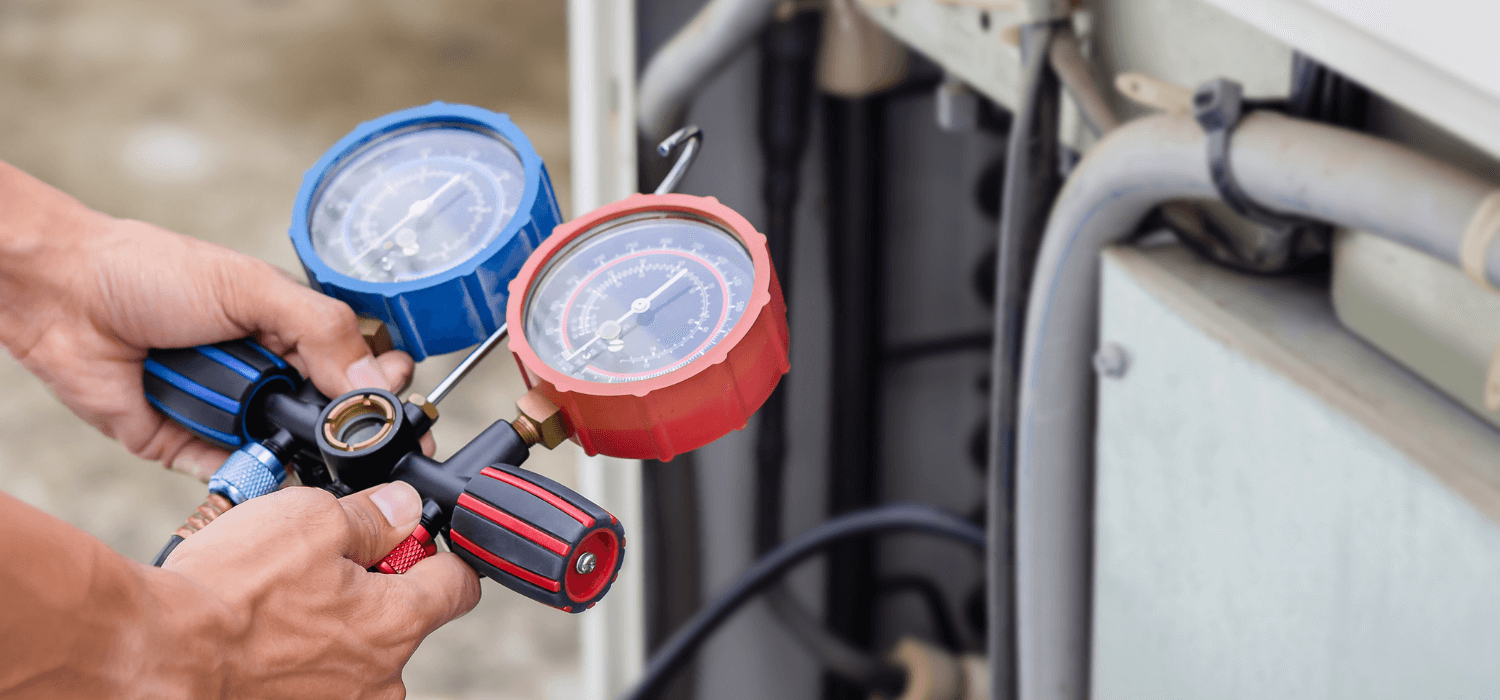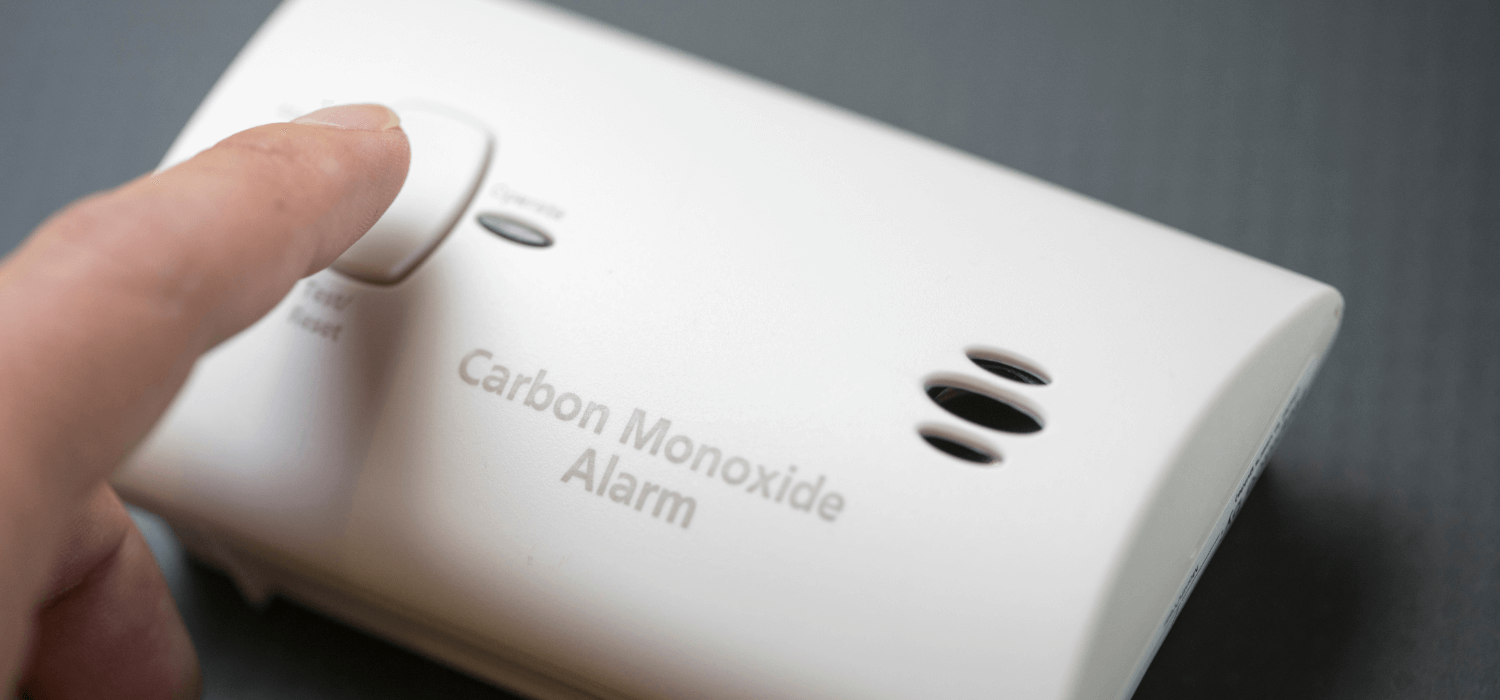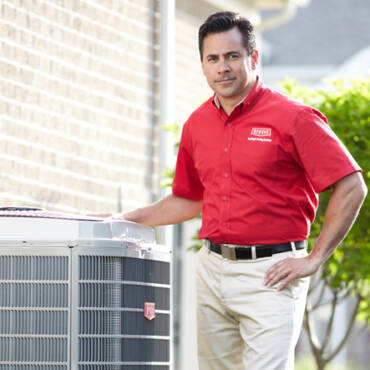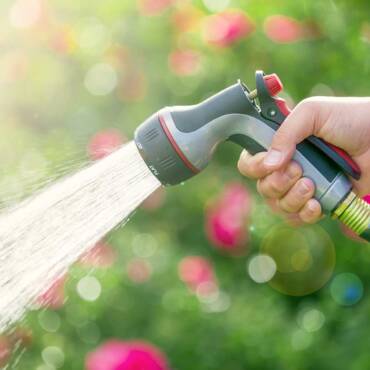Posted October 25, 2024
Have you always wondered if home maintenance service plans for HVAC systems are worth it? You may have even thought, at some point, if they’re just a marketing ploy.
The simple answer is yes: service plans are often worth it. The keyword here is “often,” as they don’t always benefit everyone. And depending on its coverage, inclusions, and price, it may or may not be a good buy.
But don’t worry; we’re here to help clarify things for you. We’ll discuss how these programs work, what makes them worth it, and when buying them makes sense. We’ll also give you insider details on their cons and when it’s okay not to get one (yet), so read on.
How Home Maintenance Service Plans Work
When you buy a new HVAC system, the professional who installs it will likely offer you a service plan. For an additional fee, their company promises to complete scheduled preventive maintenance. The schedule can be once or twice yearly for a single year or recurring.
You’ll pay for the maintenance plan upfront, which guarantees your service slots. Some HVAC contractors also offer service plans that customers can buy post-installation. So, even if your HVAC system isn’t brand-new, you may still be able to get it under a service contract.
What Makes HVAC Service Plans Worth It
HVAC maintenance service plans help ensure your system receives regular tune-ups. This helps keep it efficient, prevent premature failure, and lengthen its lifespan. It can also save you money in the long run, especially on the cost of repairs.
Guaranteed Maintenance Schedule
When you purchase an HVAC maintenance service plan, you’re entering into a contract. You also often have to pay for it in advance, months before your actual visits. Because of this, you can rest assured that a technician will come to your home on the day of your chosen schedule.
So, even if you forget about maintaining your HVAC system, your contractor won’t. They’ll notify you a few days before your service schedule, reminding you about it. You can then confirm and acknowledge or reschedule your appointment.
Priority Service
Another main selling point of HVAC maintenance service plans is their priority clause. With this, you can expect priority or “VIP” treatment over those without a contract.
You may wonder how that could ever be helpful. Here’s a situation where it can be worth its weight in gold: an extreme weather event, such as a heat wave. In the U.S., heat waves are increasing in frequency and becoming more severe.

Your air conditioner can help keep you and your loved ones cool during such events. However, the extreme heat can also cause it to overheat, perform erratically, and fail. This can result in your home warming up too much, to the point that it can be dangerous.
If you have a maintenance service plan, your HVAC system is less likely to break and fail early. That’s because it receives adequate, timely TLC from your provider.
That doesn’t mean your system won’t fail; under extreme conditions, it still can. However, your service plan guarantees you’ll get priority service. When a technician becomes available, they’ll come to your home, and you won’t have to wait for days or weeks.
Regular Maintenance Is Vital to HVAC Efficiency
The folks behind Energy Star themselves suggest hiring a professional HVAC maintenance contractor. These are the U.S. Environmental Protection Agency and the Department of Energy. These agencies run and back this program, so that’s legitimate advice.
Energy Star recommends hiring the pros to keep your HVAC system efficient. You want an energy-efficient system since it uses less energy to heat or cool your home adequately. The more efficient it is, the less you’d pay toward your heating and cooling bills.
In contrast, an inefficient HVAC system uses more power than needed, driving up your energy bills and carbon footprint. Despite consuming more energy, it may still fail to heat or cool your home to your liking.
Regular and Thorough Inspections
Another thing that makes a service plan worth it is that it lets you have trained eyes check your system. Part of any good service plan is a multi-point inspection of all the system’s working parts. These include but aren’t limited to the following:
- Air filters
- Thermostats
- Refrigerant lines
- Evaporator coils
- Blower and blower motors
- Compressor
- Heat exchanger
- Pilot lights and burners
- Gas pipes and connections
- Air ducts
Maintaining the first two is easy enough to DIY, as they’re accessible. However, depending on your home’s indoor air quality, you must change the air filter every 30 to 90 days. If you have pets, use a wood fireplace, or live near a busy street, you should change it more often.
Replacing dirty air filters is also one of the simplest ways to reduce your system’s energy usage. So is pre-setting your thermostat and ensuring its batteries aren’t dead.
Other than those tasks, maintaining the rest of your HVAC components can be too complex to DIY. You’d also need tools to access them, as they’re inside or behind cover panels.
Early Problem Detection
Many prevalent heating and air conditioner problems are due to dirty air filters. These include inadequate heating or cooling, reduced efficiency, loud noises, and odd smells. These are easy to spot (and prevent with regular filter changes).
However, spotting other HVAC problems, such as refrigerant leaks, requires technical know-how. These are also difficult to identify without proper equipment, as they’re often pinhole-sized. So, unless you have both, you may be unable to detect a refrigerant leak until it’s too late.

The good news is that HVAC contractors always look for those issues during tune-ups. They’re also on their toes for potential hazards like busted heat exchangers. These can be a health risk, as they may leak carbon monoxide (CO) into a home.
CO is poisonous, landing about 50,000 people in U.S. emergency departments yearly. It’s also deadly, which is a good enough reason to let the pros handle the bulk of HVAC maintenance.
Immediate Resolution
When the HVAC technician discovers problems, they’ll let you know. They’ll then discuss your options, such as if they can still repair the part or if they need to replace it. They can often complete repairs on the same day as your tune-up service, as most parts they need are in their vans.
If you have a service plan from a reputable HVAC company, you’ll likely get a discount on the repairs. You may no longer have to pay a diagnostic fee if you have them perform the repair job.
Lock In Lower Rates
You may also save money by avoiding a potential increase in service fees due to inflation. Remember: You bought the plan and already paid for your guaranteed visits.
So, even if the contractor decides to (or must) raise labor prices, it won’t affect you, as you’ve already pre-paid. This only applies to the duration of your contract, though. After this, you may have to pay more if you renew your service plan.
Longer-Lasting HVAC System
Central cooling systems can last up to 15 years, while heating systems can last 10 to 25 years. However, their lifespans still largely depend on proper installation and regular maintenance.
A lack of maintenance results in situations that place extra strain on HVAC systems. A perfect example is dirt, dust, grime, and residue accumulation on HVAC components. If not removed or allowed to build up, these contaminants can:
- Interfere with airflow into and out of the system
- Impede the heat exchange process
- Clog furnace burners and cause incomplete combustion
- Make the system work harder to heat or cool your home
Those issues can create further problems, such as frozen coils that cause your AC to leak water. Unless fixed, this can cause the system to overheat and fail, resulting in costly emergency repairs. Another danger is CO poisoning due to the incomplete combustion of gas.

Regular HVAC maintenance can prevent those issues. However, since this requires more than a filter change, it’s best to get the pros to do it for you. And just so you don’t forget (or think of skipping it), consider investing in a service plan.
When Buying Service Plans Make Sense
Get a plan if you want to enjoy all the above benefits and are so busy that you don’t have time to DIY your HVAC upkeep.
It could be even more crucial if you have a family member vulnerable to extreme temperatures. These include elderly loved ones, young children, and those with compromised immunity. These people are at a higher risk of experiencing health problems due to extreme cold and heat.
That’s all the more reason to ensure your HVAC system is always at its peak health and performance. And if it breaks down, your service plan can still aid you by guaranteeing a tech visit to your home ASAP. It can also make your repair bills more affordable by providing exclusive discounts.
The Cons of Service Plans
The biggest drawback to home maintenance service plans is that they’re not cheap. Depending on where you live, their prices start from $150 and can cost up to $250 or more.
This price also makes home service plans unsuitable for everyone. Here are some situations where buying them may not make sense.

Valid HVAC Installation Service Warranty
If you bought your HVAC system less than a year ago, it may still be under a service warranty. The company that installed it for you may have included a free maintenance or tune-up service as a bonus.
In that case, the HVAC contractor should honor the warranty and tune up your system during its first year. And since you’re already getting one for free, you don’t need to buy a new plan yet. You can purchase one when your existing contract is about to expire.
Too Little Coverage
At the very least, an HVAC maintenance service plan should provide two annual tune-ups. One should be for the air conditioner, which you should be able to schedule for spring. The other is for your heating system, which you should be able to get priority service for in the fall.
What goes into the service varies from contractor to contractor, though. So do your due diligence and avoid plans that don’t offer at least these basics:
- Complete heating and air conditioning system inspection and clean-up
- Air filter replacement
- Thermostat calibration
- Examining and tightening all connections
- Lubrication of mechanical components
- Air duct inspection
- Checking for air leaks and airflow problems
Aside from those must-haves, a service plan should also have additional perks. It may not be a good buy if it doesn’t even give a 10% discount on repairs or other member-exclusive benefits.
Still on the Fence About Service Plans?
If you’re still not 100% sure home maintenance service plans are right for you, the Hiller team will be happy to help.
At Hiller, we provide robust HVAC, electrical, and plumbing maintenance plans. Contact us today to ask about our maintenance service plans!

Daily Promotion
$99 Electrical Inspection
Get Your Electrical Inspection for just $99!
Get Promotion
Whether you require installation, repair, or maintenance, our technicians will assist you with top-quality service at any time of the day or night. Take comfort in knowing your indoor air quality is the best it can be with MOE heating & cooling services Ontario's solution for heating, air conditioning, and ventilation that’s cooler than the rest.
Contact us to schedule a visit. Our qualified team of technicians, are always ready to help you and guide you for heating and cooling issues. Weather you want to replace an old furnace or install a brand new air conditioner, we are here to help you. Our main office is at Kitchener but we can service most of Ontario's cities
Source link



